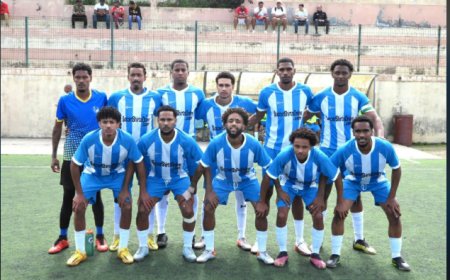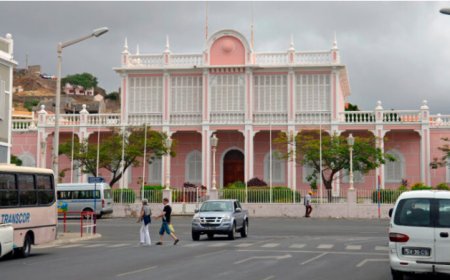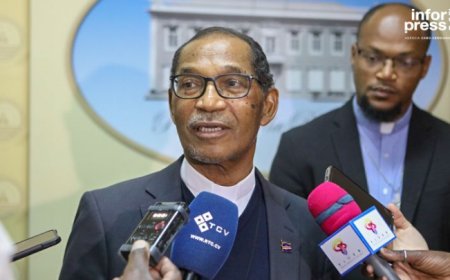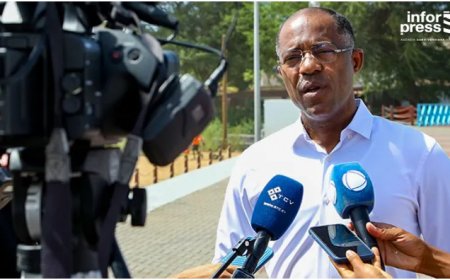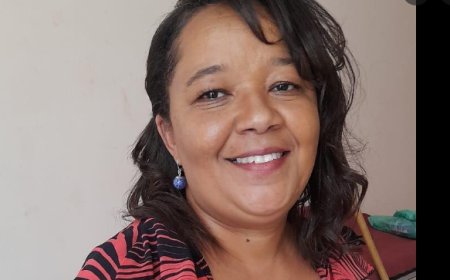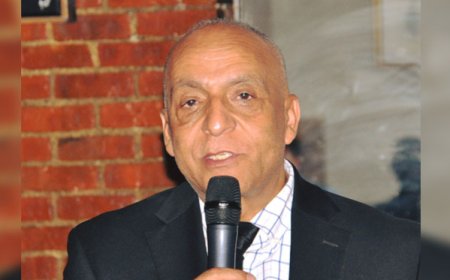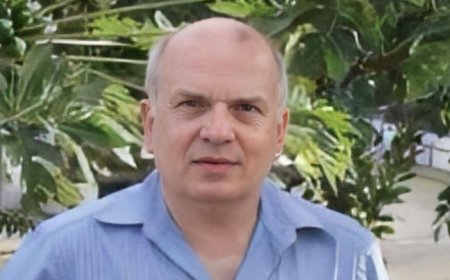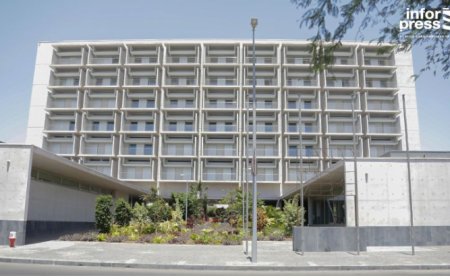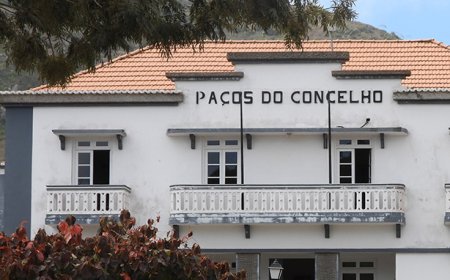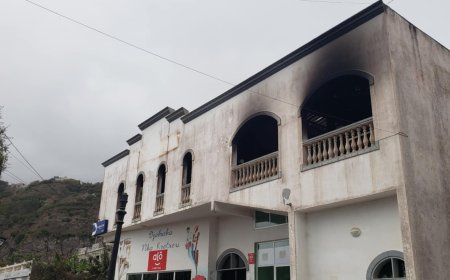Amílcar Cabral Centenary: Vera Duarte highlights Amílcar Cabral as a thinker and a visionary
The writer Vera Duarte today highlighted the figure of Amílcar Cabral as a "thinker and a visionary" who thought things beyond his time.
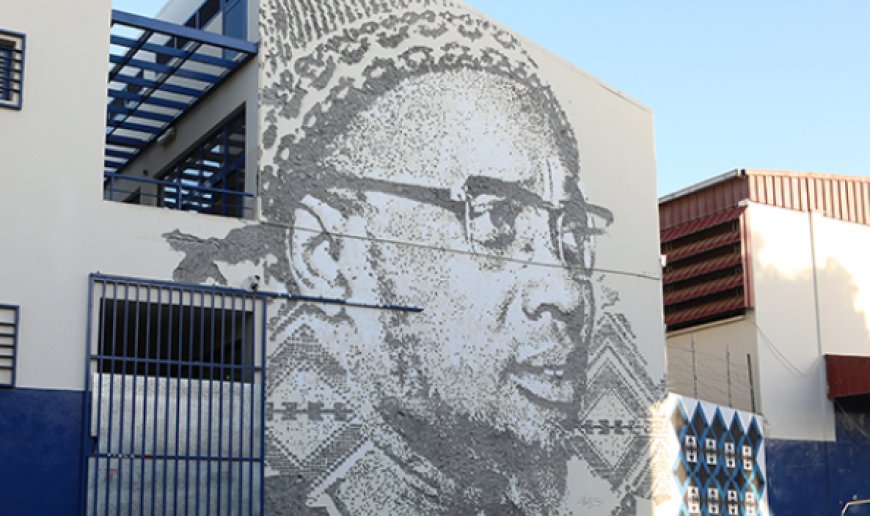
"He is a leader, bringing together all the fighters of the homeland, both from Cape Verde and Guinea-Bissau, to fight for the independence of these two countries", said Vera Duarte, in an interview with Inforpress, within the scope of Cabral's centenary, which is celebrated today, September 12.
He considered that for him the liberation struggle was "not just" about winning independence, but rather winning independence and taking the people out of suffering and helping them to become increasingly educated, that is, the emancipation of the people was one of his priorities.
He added that in terms of culture, Amílcar Cabral worked "very well", especially on the issue of the identity of men and women from Cape Verde and Guinea-Bissau, as he considered that the participation of women in the struggle could be important and said he understood that the struggle for liberation, led by Cabral, is, in itself, an act of culture.
"He fought to combat the submission and alienation of colonial peoples. This is the greatest ethical dimension of his battle, as it showed his struggle, despite the fact that we are under colonial rule," he stressed.
He recalled that Amílcar Cabral, as a man of culture, was a founder and collaborator in the creation of the Academy of Writers and cultural activities when he was studying at high school in São Vicente. At the age of 15 he published his first poetry notebook “in the intervals of the art of Minerva and when Cupid hits the target”.
"Over time he published several small notebooks of poetry, but it is believed that there are still some that have not been published", he highlighted.
The writer also recalled the speech he made on March 8, 1969, in the liberated zones about the emancipation of women, the right to life, work, dignity and to be considered a companion in the struggle.
"He is a witness who influenced and inspired the thinking of many people around the world to take positions with his speeches. Currently, many universities around the world study his thinking," he said.
On the other hand, he also highlighted that the Portuguese language, which, according to Cabral, “is one of the 'best things' that the Portuguese left behind”, referring to the fact that language is nothing more than an instrument for people to relate to each other, it is a means of speaking, of expressing the realities of life and the world.
The same source mentioned a set of thoughts from this fighter, such as the fight for women's rights both in terms of education and participation and being a leader in any sector.
"We owe Amílcar Cabral eternal recognition for taking us out of the colonies," he concluded.
Amílcar Cabral, son of professor Juvenal Lopes Cabral (Cape Verdean of Guinean descent) and Iva Pinhel Évora (born on the island of Santiago, Cape Verde), was born on September 12, 1924, in Bafatá, in what was then Portuguese Guinea (today Guinea-Bissau) and was assassinated on January 20, 1973, in Conakry, Republic of Guinea.
The celebrations of the centenary of the birth of Amílcar Lopes Cabral, a politician, agronomist and referred to as a “Marxist theorist”, have been marked by several academic, cultural, political, sporting and social events in various parts of the world.
Inforpress/End









